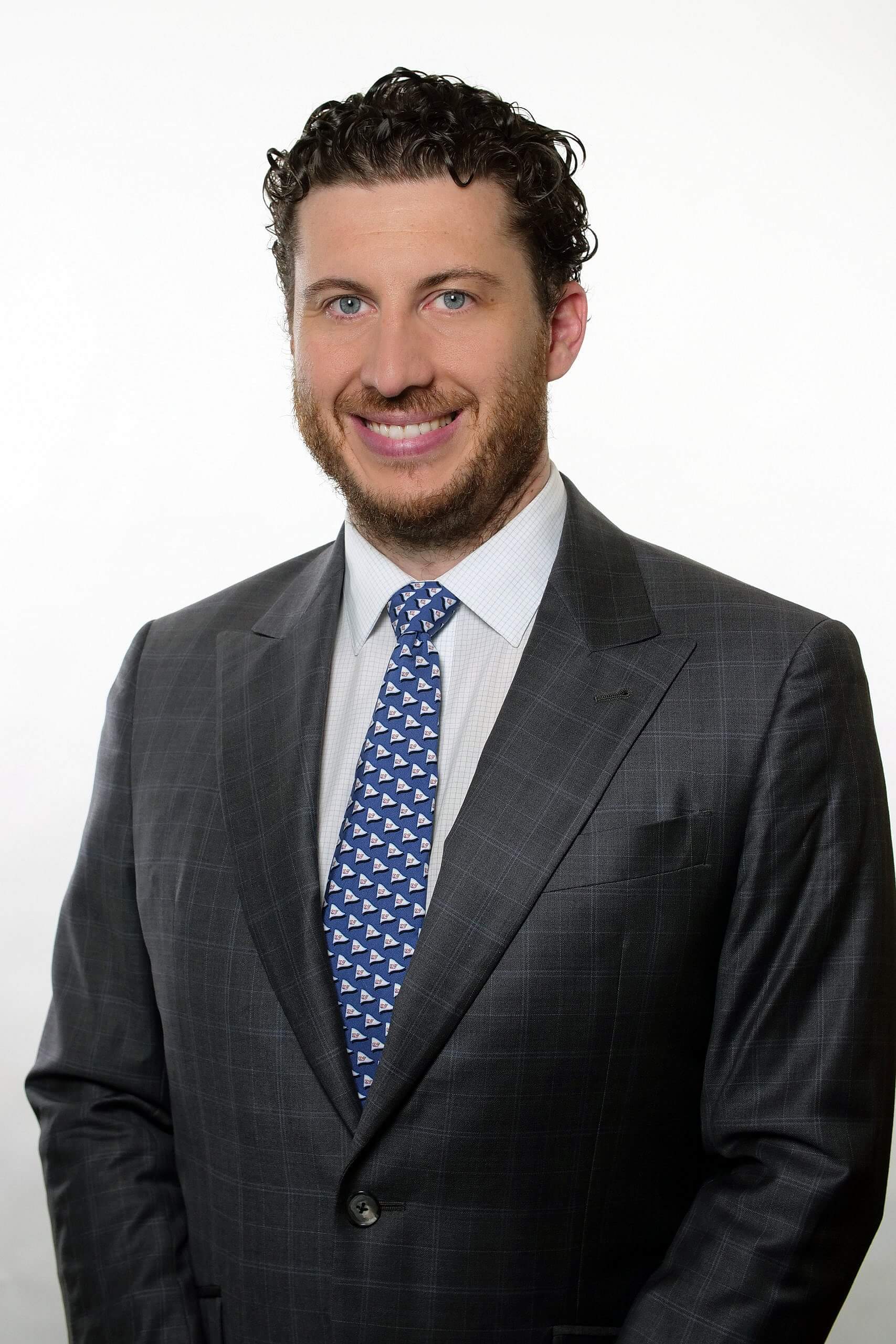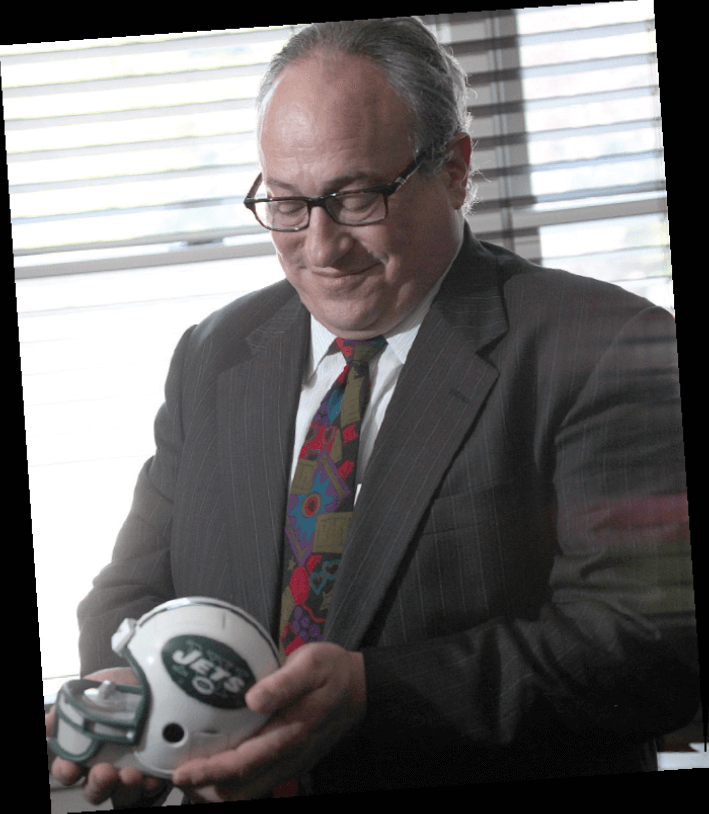We are extremely proud to announce that Scott Silverberg has been elected President of the New York chapter of NAELA.
Scott is dedicated to elevating the profession and has been active with NAELA as well as other national and regional legal organizations.
“My goal as President is to build NAELA in terms of impact and membership. Our work with the New York Legislature focuses on protecting seniors and special needs individuals, at the same time we seek to improve the skills of Elder Lawyers,” he commented recently. “I’m excited about taking this leadership role and look forward to a busy and fulfilling term.”
NAELA is a professional organization of attorneys dedicated to helping clients with the legal issues associated with aging, including probate and estate planning, guardianship/conservatorship, public benefits, health and long-term care planning and special needs. Scott is a member of the National Board of Directors of NAELA and was previously Vice President of the New York Chapter.
Scott is a member of The Estate Planning Council of Nassau County, a member chapter of the National Association of Estate Planners and Councils (NAEPC). For the New York State Bar Association, Scott is Chair of the Technology Committee and Vice-Chair of the Practice Management Committee of the Elder Law and Special Needs Section Executive Committee. He is also a member of the Nassau County Bar Association.
Scott focuses his practice on estate planning, Elder Law, and special needs planning. He has attained the L.L.M. (Master of Laws) in Elder Law from the prestigious Stetson University School of Law and is a graduate of Fordham Law School (J.D., 2013). He holds a Bachelor of Science degree from Cornell University’s School of Industrial and Labor Relations.
Scott is admitted to practice in New York State.





